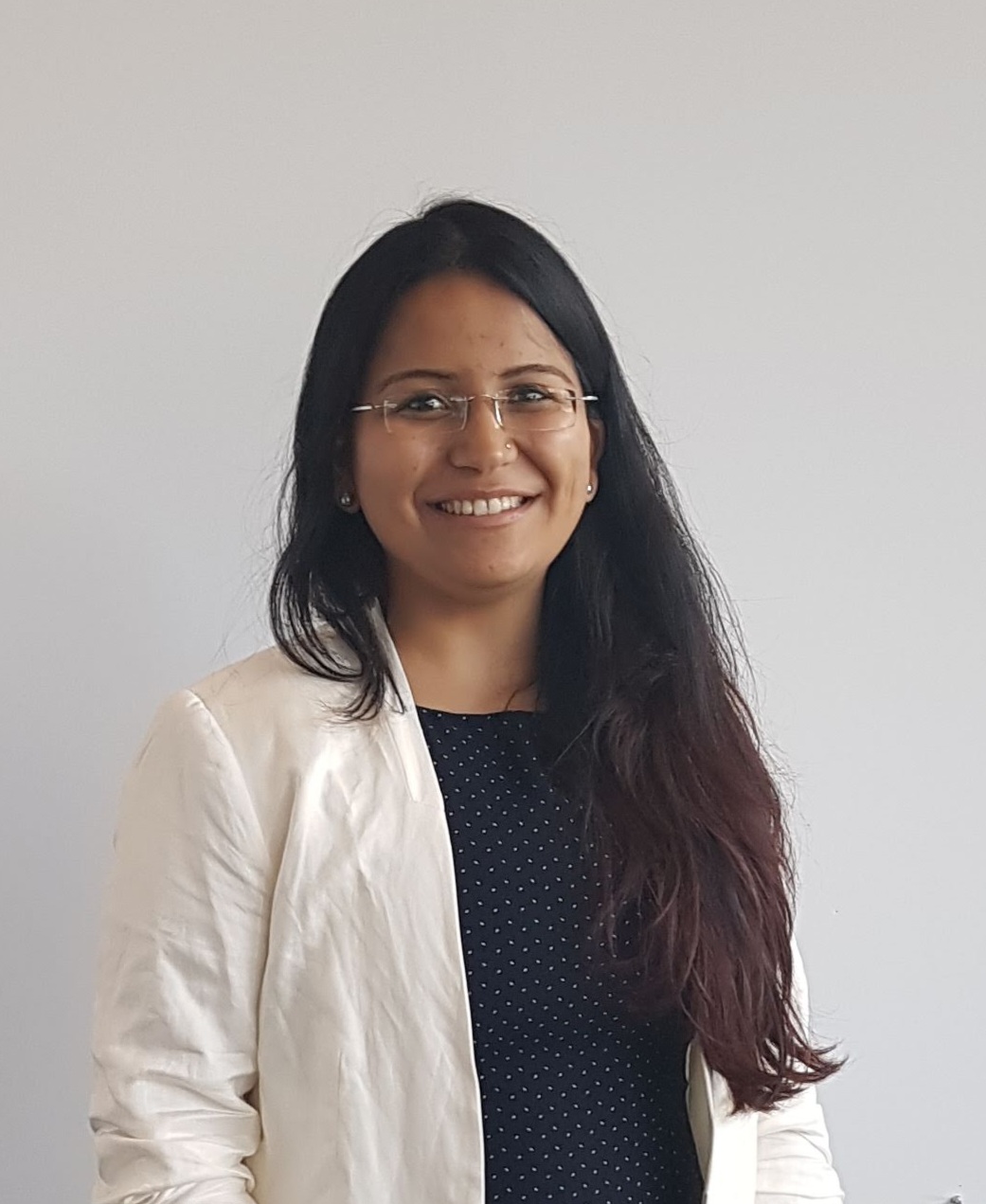Priyanka Jamadagni

Receiving this award is extremely humbling. It encourages me to keep working towards pursuing good science with the hope of understanding neurodevelopmental and neuropsychiatric disorders one step at a time. I would like to thank the INRS Foundation for recognising my efforts through this award!
Priyanka Jamadagni
Ph.D. Biology, 2022
Centre Armand-Frappier Santé Biotechnologie
Supervision: Pierre-Simon Ross
Priyanka Jamadagni’s doctoral dissertation focused on understanding the neurodevelopmental aspects of CHARGE syndrome, one of the autism spectrum disorders caused by mutations in the CHD7 gene. Her thesis combined the analysis of genetic mutations in zebrafish with behavioural and neural network developmental analyses. Transcriptomic analysis [a set of techniques for quantitative and qualitative analysis of ribonucleic acids] and drug screening to identify a novel mechanism of neuropathogenesis were also considered. Priyanka has presented her doctoral research at provincial, national and international conferences and has received several grants for her work. She already has a few publications to her credit, both as a lead author and as a collaborator.
What brought you to INRS ? What do you take away from your experience?
After finishing my undergraduate and master’s studies in India, I was looking for labs to pursue my PhD in the field of Neurodevelopment. Professor Kessen Patten’s work caught my attention instantly and I joined his lab in January of 2017, which brought me to INRS and Canada! The five years of my doctoral studies have been extremely rewarding under the supervision of Prof. Patten. I would like to thank him for his mentoring and guidance! I would like to also thank INRS for providing the infrastructure and awarding me their scholarship so that I could pursue my research comfortably. I will always remember memories of enjoying the riverside with my labmates during our breaks while I was at INRS.
Can you describe the challenge and impact of the research presented in your doctoral dissertation?
In my doctoral dissertation, I worked on elucidating the role of a gene, namely CHD7, in the neurodevelopmental aspects of a rare developmental disorder called CHARGE syndrome. Mutations in CHD7 are known to cause CHARGE syndrome, and in the lab, we used CHD7 mutant zebrafish as a model for the disorder. I found that loss of CHD7 caused defects in the number of GABAergic neurons. We could find that the GABA network defects underlay the characteristic hyperactivity behavioral phenotype observed in CHARGE syndrome. Further, loss of CHD7 contributed to this phenotype through a paqr3b-MAPK pathway regulatory axis—which is a novel link! Additionally, through my doctoral research, we could also identify a small neuroprotective molecule that could ameliorate the GABA network defect and the hyperactivity behaviour through the MAPK pathway itself!
What does it mean to you to win this award?
Receiving this award is extremely humbling. It encourages me to keep working towards pursuing good science with the hope of understanding neurodevelopmental and neuropsychiatric disorders one step at a time. I would like to thank the INRS Foundation for recognising my efforts through this award!
What is the next chapter for you now that you have graduated?
I am currently pursuing my postdoctoral fellowship at Yale University School of Medicine, in the lab of Dr. Ellen Hoffman where I am exploring the neural mechanisms of Post Traumatic Stress Disorder (PTSD).
